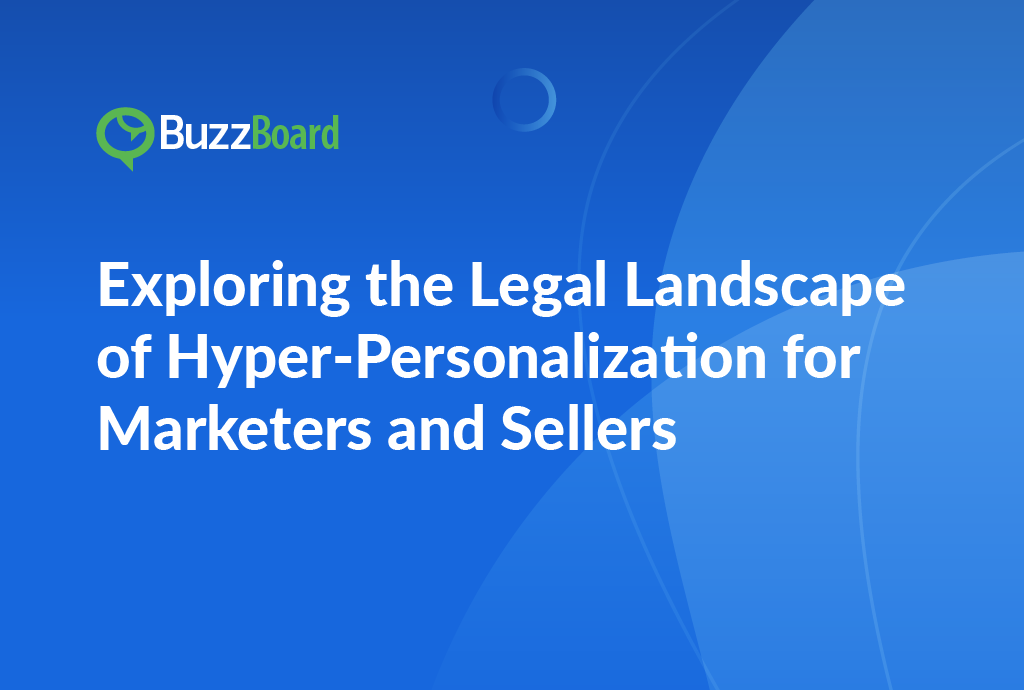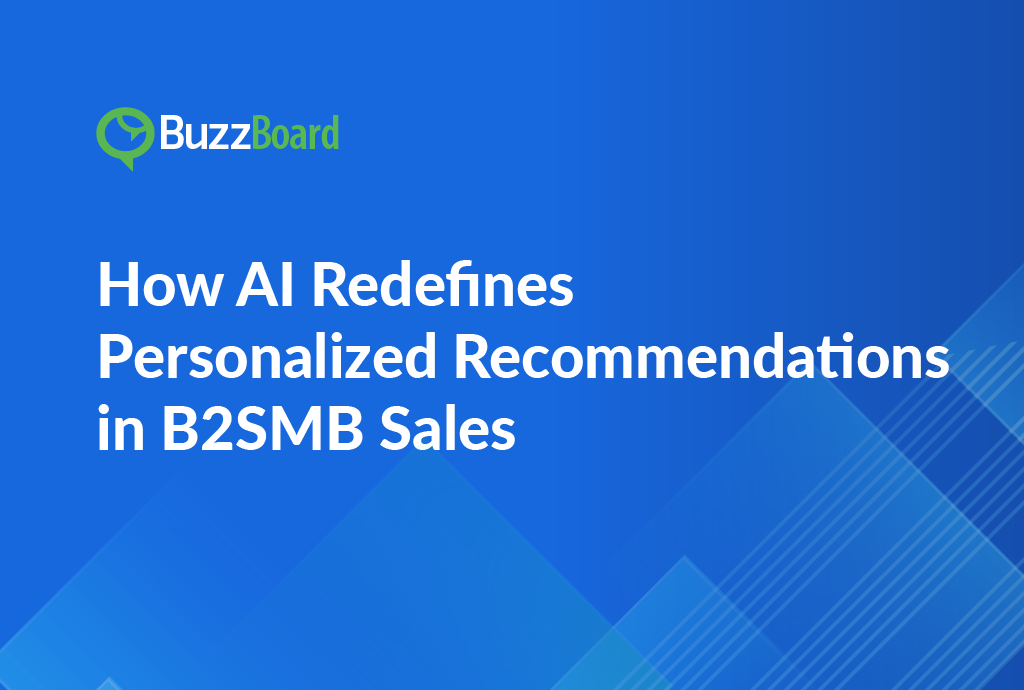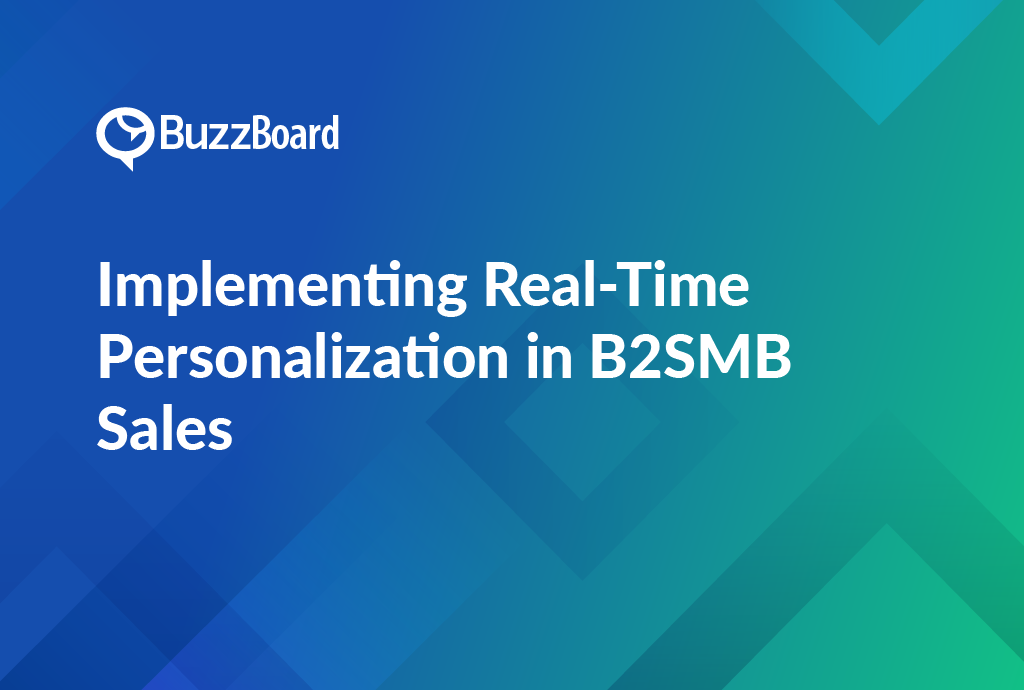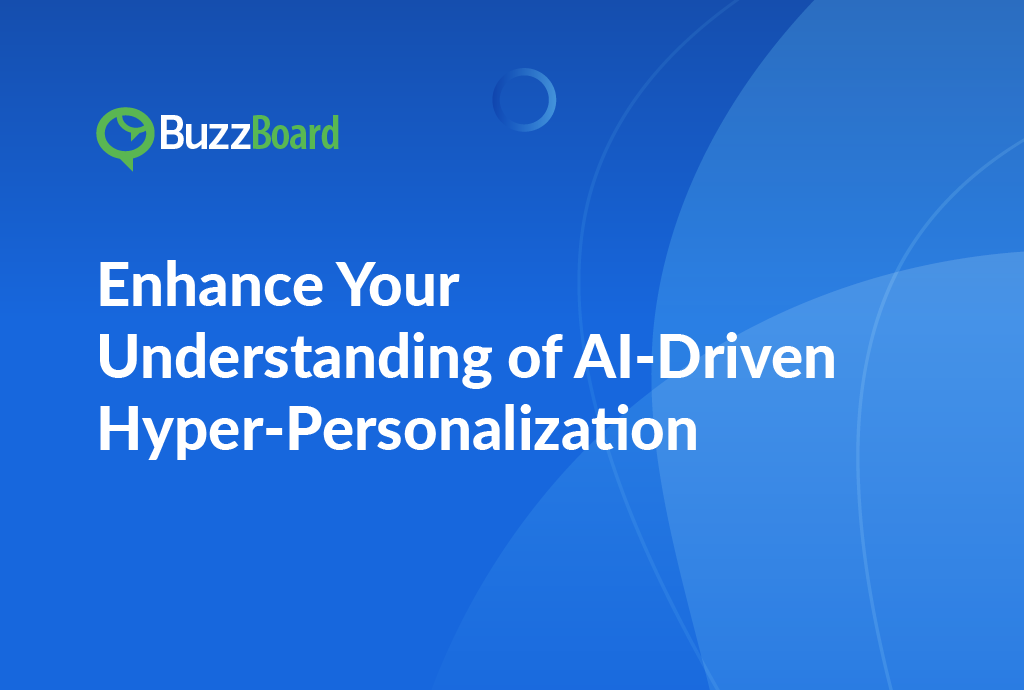Indeed, hyper-personalization has emerged as a powerful tool for tailoring content to individual user preferences, especially in sales and marketing. However, as sales professionals step into the realm of hyper-personalization, it is crucial to be cognizant of the legal implications that come with this innovative approach. This blog serves as a comprehensive guide, shedding light on the legal considerations associated with hyper-personalization and offering insights into the intricate web of generative AI, legality, privacy, and the nuances of selling to small businesses.
Legal Implications Surrounding Hyper-Personalization
Hyper-personalization, as we know, involves crafting highly personalized digital experiences based on individual user data. While this strategy can significantly enhance user engagement, it also raises legal considerations that must be navigated carefully.
Legal Implications and Legality—What’s the Difference?
Before getting into the topic of complex legal implications of hyper-personalization, it is essential to understand the difference between legal implications and legality. Legality, in essence, suggests a broader spectrum of legal standards and compliance, while legal implications refer specifically to the consequences and considerations associated with hyper-personalization.
Key Legal Implications of Hyper-Personalization
Data Privacy and Compliance: As hyper-personalization relies heavily on user data, adherence to data privacy regulations is paramount. Familiarize yourself with regional and global data protection laws, such as GDPR or CCPA, and ensure that your hyper-personalization practices comply with these regulations.
Acquiring Consent: Prior to gathering and employing user data for hyper-personalization purposes, ensure explicit and well-informed consent from users. Clearly articulate the intended utilization of user data, allowing individuals the choice to either opt in or opt out of personalized experiences.
Transparency in Data Usage: Be transparent about your data usage practices. Clearly articulate what data is being collected, how it will be used, and who will have access to it. Transparency builds trust and helps mitigate legal risks.
Security Measures: Implement robust security measures to safeguard user data. A data breach not only jeopardizes user privacy but can also lead to legal repercussions. Prioritize encryption, secure storage, and regular security audits.
Anti-Discrimination Compliance: Hyper-personalization, driven by generative AI, should be free from biases that may lead to discriminatory outcomes. Be vigilant in monitoring and addressing any unintentional biases in your algorithms to comply with anti-discrimination laws.
Privacy Considerations in Hyper-Personalization
Privacy is intrinsically tied to the legal implications of hyper-personalization. Consider the following privacy-focused considerations:
User Control: Empower users to have control over their privacy settings. Clearly communicate how they can opt out of hyper-personalization if they choose, respecting their right to privacy.
Data Minimization: Only collect and use the data necessary for hyper-personalization purposes. Avoid excessive data collection, minimizing the risk of privacy violations and legal complications.
Anonymization and Aggregation: Where possible, anonymize and aggregate data to protect individual identities. This practice not only enhances privacy but also reduces the risk of legal issues related to data misuse.
As sales professionals embark on the journey of hyper-personalization, a keen understanding of the legal implications and navigating the intricate terrain of ethical concerns are non-negotiable. By carefully considering data privacy, informed consent, transparency, and security, sales professionals can ensure that their hyper-personalization practices not only enhance user experiences but also comply with legal standards. Whether engaging with generative AI or addressing the unique challenges of small businesses, a commitment to legality and privacy considerations is crucial in building trust with clients and mitigating legal risks.








